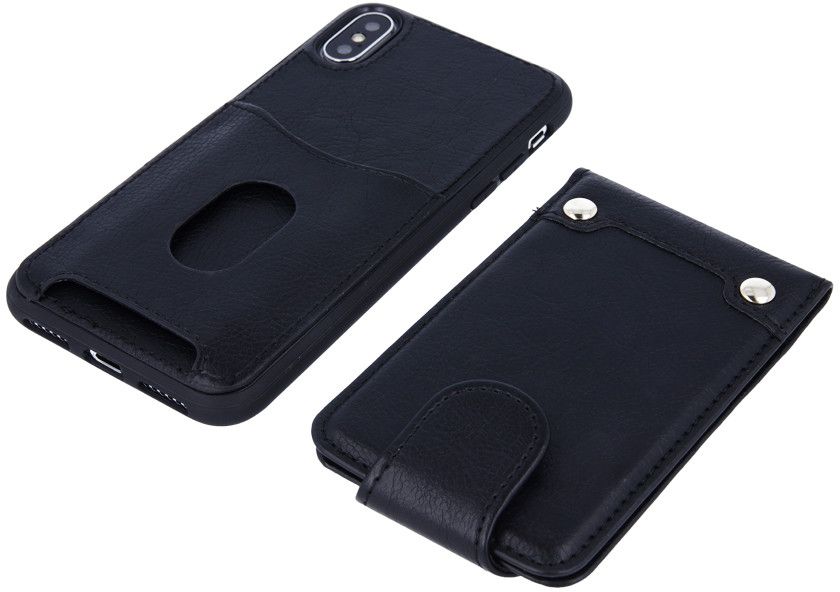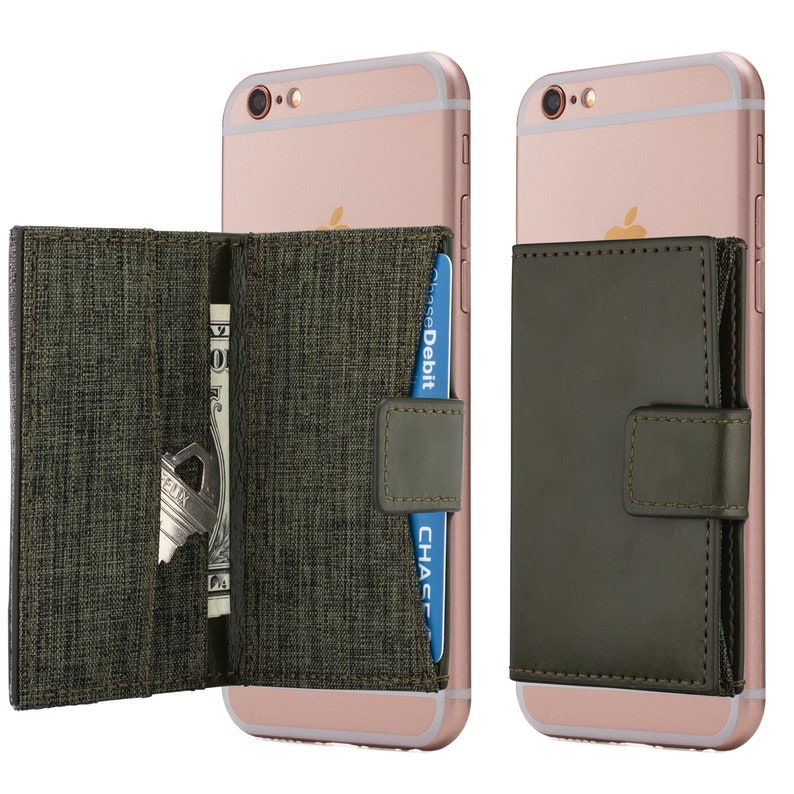

While more complex applications will take time to develop, there are already a number of sample-based sequencing tools that allow you to create MPC-style tracks, and one of the first examples of this type of application is Intua's BeatMaker. Meet Your BeatMakerīeatMaker's Pattern view lets you edit patterns with a familiar drum-grid style editor.Given the abundance of novelty musical applications appearing that turn your iPhone into a shakeable percussion instrument, you might be thinking that the device seems more like a musical toy than something you could use for serious programming - but think again. Indeed, the App Store is part of the iTunes Store, and iTunes manages your purchases and synchronises newly downloaded apps with your iPhone.Īs with any computing platform, you can always expect developers to come up with some ideas for music software and, despite the fact we're still witnessing the first days of the iPhone as a platform, there are already some surprisingly useful apps for musicians beginning to appear on the App Store. Launched this July, along with the iPhone 3G and the version 2.0 OS (which is required for running applications built with the SDK), the App Store makes purchasing applications as easy as buying songs, albums or movies. For a percentage of each sale - except on those applications released for free - Apple would host developers' applications on the App Store and deal with the transactions necessary for users to make purchases and downloads. But following much consternation from third-party developers (many of whom had taken matters into their own hands with unofficial solutions), Apple finally released a full Software Development Kit (SDK) earlier this year to allow developers to create native iPhone applications.īeatMaker's Pad view provides playable pads for triggering and recording the loaded samples, and you'll notice that there is also a surprising number of parameters for controlling the playback of each sample.In addition to providing the tools needed to create iPhone applications, Apple announced the App Store, a new service that would make it easy for developers to sell their creations directly to end users. Initially, this was something of moot point as, citing security issues, Apple had stated that the platform would not be open for third-party development. At the time of writing there were over 200 music-related applications available.When the iPhone was first announced nearly two years ago, I was pretty sceptical about its potential for running general-purpose software, let alone software that would have a musical purpose. The App Store is accessible via iTunes and makes purchasing iPhone applications easy. Forget the idea of a laptop studio - it's time for the pocket studio!

As iPhone-mania continues to grip the World, developers have been releasing music–related applications, some of which offer a surprising level of sophistication.


 0 kommentar(er)
0 kommentar(er)
